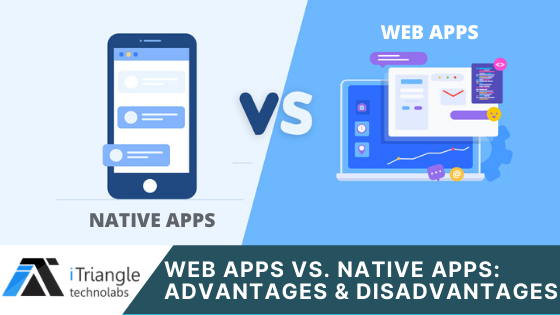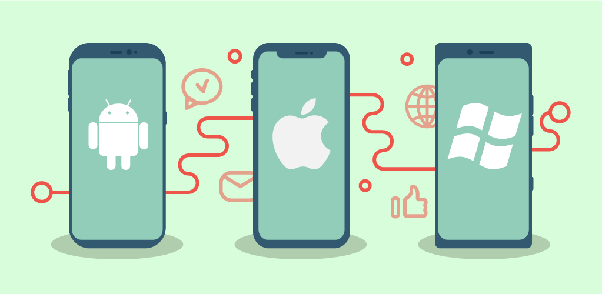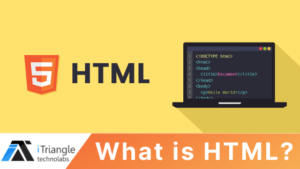
Native application or web application? It’s not always a clear choice. If you survey startup founders, you will hear solid view on either side. The explanation for the uniqueness is that the answer really depends on your business and the nature of your app. This guide will walk you through the pros and cons of building a native apps vs. a web apps to help you decide. Advantages and disadvantages listed below.
Table of Contents
Web Apps

Advantages of Web Apps
The main advantage of a web app is that it doesn’t need to be installed directly to the device like a native app does; you simply need to identify the web address (or domain name) and the web app will load straight into your browser.
Web apps are super-functional, as they can operate on a variety of web browsers, usually without the need for a user to install additional plugins or extensions. They can be just as functional on Firefox or Chrome via your desktop as they are using Safari on your iPhone! They are the easiest way for people to not only learn about your SaaS app but sign up there and then.
As web apps aren’t as specialized as their native counterparts, they’re much easier (and subsequently much cheaper) to build than a native SaaS app would be. They generally use a common codebase, regardless of what platform is used to access them, making it much easier to maintain them in the long-run.
Web apps can also be updated without any kind of app store as a middle layer between you and your customers. If you decide to roll out a feature, it’s a simple case of updating your website.
Disadvantages Of Web Apps
Perhaps the biggest downfall to a web app is its inability to function offline; in order to work in any case, the user must have an active internet connection at all times. Web apps also tend to be noticeably slower as they access data from a server. They also have less attractive features than native mobile apps, which can really put potential users off.
Web apps also heavily depend on visitors already knowing about the service or being referred from another source – unlike native apps, they’re not listed in an ‘official’ database (app store, Google Play store, Amazon…), which can make them significantly less visible, meaning that it’s harder for you to build a reliable, returning audience.
Native Apps

Advantages Of Native Apps
Unlike a web app, which requires constant internet access and a supported browser, a mobile (native) app can be installed directly onto the device. This means that users don’t need to always have a connection to access the app, though many apps do have features that require the use of the internet.
As native apps are installed directly onto your smartphone, they have access to system resources – this also makes them faster and more responsive. Native apps do have greater functions, too: they can access the unique features of your device, such as the camera or your location, to provide a better service.
Contrary to belief, native apps can also be easier to build than web apps, due to the abundance of quality developer tools. They combine intuitive, easy to follow and user-friendly interfaces with creative software developer kits to provide an outstanding amount of control over the app.
Disadvantages Of Native Apps
The biggest disadvantage to using a native app is that it must be updated regularly by the user, otherwise, it can become defunct or out-dated. Providing regular updates can become costly, too, but is essential if you want to provide a smooth, easy-to-use service.
As a native app must be developed individually for each platform, it is much more expensive than building a web app. Just think – you’ll have to make apps for iOS and Android! Each of these will have different requirements, which often means that you’ll need to start from square one. Usually more than once.
Individual app stores also have different requirements that MUST be met in order to list your app – obtaining permission can be a lengthy (and costly) process.
Get Help from Specialist
Overall, we can see that there are both positive and negative perspectives to both native apps and web apps. Post that you need to find a solution expert who can guide you on the right development platform to deliver your application. For any questions in regards to building up the right app, either mobile, web or progressive web apps, you can connect with us at iTriangle Technolabs. iTriangle Technolabs has been working in the mobile apps and web apps development.



